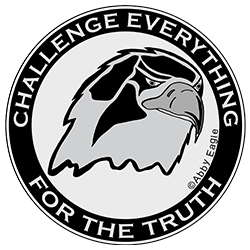
Learn how to get top marks in spelling with only ten minutes practice. Phone Abby Eagle on 07 5562 5718 or send an email to book a free 20 minute telephone or Skype consultation. Forget phonetics - spelling is a visual strategy. Make an image of the word and remember what it looks like - not what it sounds like. Overcome dyslexia. NLP, Hypnotherapy and Meditation Gold Coast, Neuro Linguistic Programming sessions - NLP online coaching available on Skype and Zoom.
Click the Image to Watch on YouTube
Click the Image to Watch on YouTube
How to Spell Using the NLP Visual Strategy
By Abby Eagle (2018)
If you constantly misspell words then you are not doing it right. So give me five minutes and I will show you how to spell like a Professor.
Okay so we have three main representational systems – visual, auditory and kinaesthetic. There is a posture which goes with each. So when people access their visual sense they tend to look up or straight ahead and defocus. If the brain hemispheres are normally organised for a right handed person then they will tend to look up and to the left to access visual memory, and look up and right to construct images in their mind.
They will tend to look to the left to access auditory memory, and look to the right to imagine a sound or what a conversation might sound like. And look down left when they are talking to themselves. And look down right when the are feeling things out.
Next time you watch someone on your favourite Internet channel just watch what they do with their eyes, body posture and gestures in respect of the types of words that they are using.
Now accurate and consistent spelling requires you to use your visual representational system. If you are using your auditory system to sound a word out – it is not going to work. For example, try sounding out a word like “phonetics”. It does not work. And then there are those who try and feel out the word. Believe me, it is not going to work.
Personality type, body type and culture influence how you think but the good news is that you can train yourself to spell any word and spell it correctly every time. How do we do that? We use a visual strategy.
The NLP Spelling Strategy
Take a simple word like “cat”. First off using a dictionary get the correct spelling of the word and write it down. Look at the word and one letter at a time imagine that you are painting the word high up on a wall in front of you.
You can imagine that you are using a brush, a spray can, a crayon, Photoshop, anything. It may help to paint the word in a bright colour – like red paint – and see the paint dribbling down the wall a bit. The idea is to use your visual imagination to paint an image in your mind that is graphic.
Now put your first piece of paper away. Take a clean piece of paper and look up to where you painted that word in your mind and copy it down. Don’t talk to yourself about it – you don’t need to engage the auditory system. In fact that may have been the problem. Instead just look up and see the word “cat” that you painted on the wall and copy it down onto paper. Now compare what you have on the paper to what you painted in your mind. Are they the same? It is a visual check?
If the images are the same the word will look right. When it looks right it will feel right. Now check the spelling of your word with the spelling in the dictionary. Are the same? You are doing a visual comparison. Nothing to do with how the word sounds or feels. If they differ then you need to take another look at the correct spelling – paint it in your mind – copy it down onto paper – then check your spelling against the word in the dictionary.
When you get longer words – say like psychology – then you can chunk the word visually into two or three bits – psych – ology. But be careful of chunking it into syllables lest you start sounding the word out. The representational sequence for spelling is visual, supported by auditory and then a kinaesthetic check.
After a while you will find that you automatically spell check words and that if words do not look right – that is they do not look like the image that you have in your mind then it will not feel right – and you should feel compelled to correct the misspelling.
Good spellers will tend to spell check as they write while poor spellers will put that off to later. So which are you going to be?
If you are looking for NLP Hypnotherapy on the Gold Coast or via Skype or Zoom then please contact me using the contact form at top right of this page.
Share With Friends
| DISCUSSION GROUPS | |
|---|---|
 |
|
| NLP Future Selfing | |
| NLP, Hypnotherapy & Meditation | |
| NLP Peace Mapping | |
| Facebook Discussion Group | |
| The secret of high achievers |
|---|
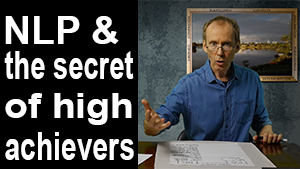 |
| How to build a powerful team |
 |
| Learn the NLP Meta Model |
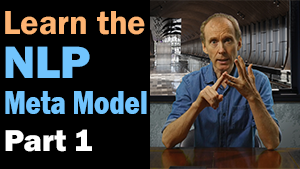 |
| How I stopped drinking alcohol. |
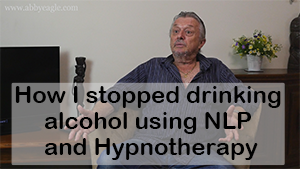 |
| How to coach yourself using NLP. |
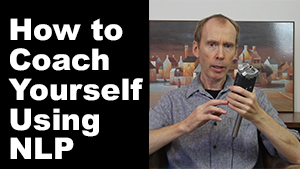 |





